It’s best to avoid picking at zits, which can damage your skin (though there are ways to minimize the risk)
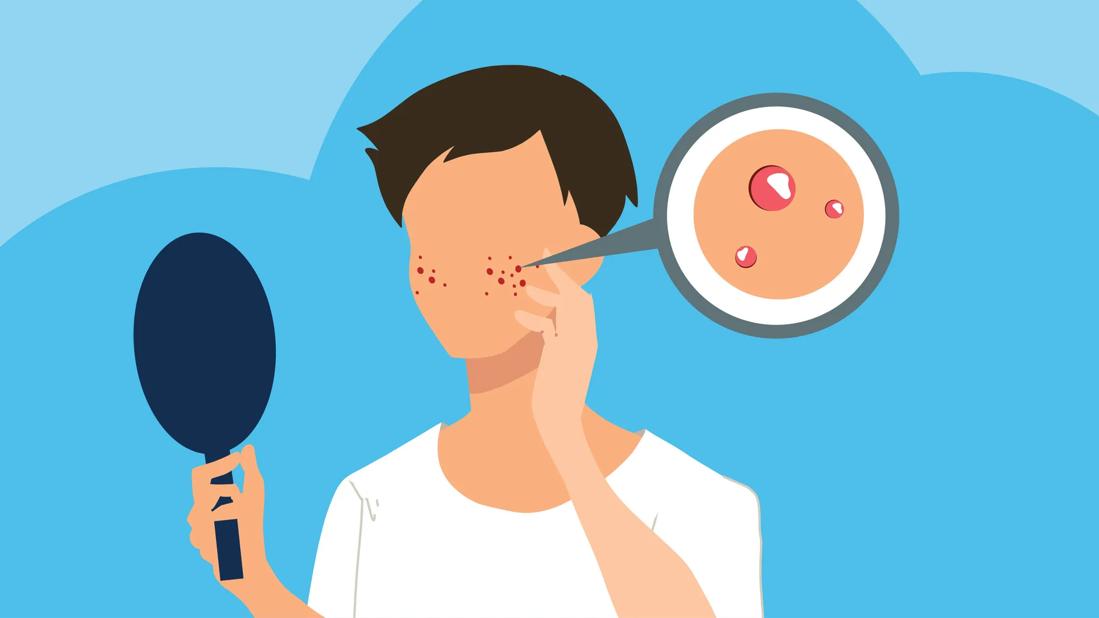
Zits. Pimples. Acne. No matter what name you use, odds are, you’ve looked in the mirror and seen one of these angry blemishes — and then debated whether to take matters into your own hands.
Advertisement
Cleveland Clinic is a non-profit academic medical center. Advertising on our site helps support our mission. We do not endorse non-Cleveland Clinic products or services. Policy
Popping zits is just so … well, irresistible. That little squeeze can result in an oh-so-gratifying release of the gunk inside.
But should you give in to the temptation? Let’s find out from dermatologist Melissa Piliang, MD.
Hard as it may be to resist, you’re better off not clawing at a zit to do what doctors call an extraction. Pimple-popping can damage your skin, emphasizes Dr. Piliang. It’s not a healthy practice.
“People tend to get in trouble because they start doing extractions and it becomes a habit,” she says. “It can cause more problems than good.”
Aside from redness, swelling and skin irritation, squeezing pimples can result in:
Plus, popping a pimple can turn a minor blemish into a major one: “You could take something small and not all that noticeable to someone else and make it a big, red bloody mess,” warns Dr. Piliang.
Now, let’s address a reality of life: Despite being advised to leave a zit alone, you might still be determined to paw at a pesky pimple until it gives up what’s inside.
If so, here’s the best way to go about it. (But again, you really shouldn’t.)
No matter what type of zit you’re tackling, the first step is always the same: Wash your hands.
Advertisement
Some early prep work can help the process, too. You can pop pimples far more easily if you loosen the gunk plugging up your blocked pore. Over-the-counter (OTC) medications such as retinoids, benzoyl peroxide or salicylic acid can help.
Let’s dig into the popping process, which varies slightly for each type of acne.
After using an OTC medicine, popping a blackhead can be fairly simple. Gently apply pressure to the outer edges with either your fingers or cotton swabs.
“The plug should pop out easily, as blackheads are technically open pores,” says Dr. Piliang.
Whiteheads are closed pimples, so you’ll need to create an exit point for the plug. Sterilize a needle with alcohol and gently prick the top of the pimple. After making the opening, apply pressure in the same way you would to extract a blackhead.
A pustule sits deeper beneath your skin, so it requires a bit more work. Use a hot compress to draw the pus to the surface before applying pressure. As with a whitehead, you may also need to use a sterilized needle to open an exit.
Stop the process if your popping attempt isn’t immediately successful.
“If nothing comes out, wait a while,” advises Dr. Piliang. “If you try to manipulate and squeeze it too much, you’ll only make the problem worse.”
So, you’ve popped the offending pimple and left a leaking, oozing hole. Now what?
First, wash your hands and face to get the ick off. Applying an antibiotic ointment can help keep bacteria at bay. (If the zit created some angst, you really don’t want to see what a follow-up infection might look like.)
There are special products available, too. A “pimple patch” or “zit sticker” contains a healing gel called hydrocolloid that can help your skin recover.
The occasional pimples happen. From time to time, one of the millions of pores on your skin will get clogged — whether with sebum (an oily substance), bacteria or dead skin cells — and turn extremely angry.
“It’s just part of life,” notes Dr. Piliang.
But if you’re experiencing frequent or extreme acne outbreaks, talk to a healthcare provider or dermatologist. They can help you build a treatment routine to help keep your skin clear and reduce the need for any popping.
“It’s a good idea to see a dermatologist who can advise you on how best to treat your acne,” reiterates Dr. Piliang. “They can get you on a regimen to treat the existing blemishes and prevent new ones from coming up.”
Advertisement

Sign up for our Health Essentials emails for expert guidance on nutrition, fitness, sleep, skin care and more.
Learn more about our editorial process.
Advertisement

This medication only works well for short periods of time and when paired with other treatments

‘Zit stickers’ can help heal a new or popped pimple, but they’re limited when it comes to managing acne

Try exfoliating and using salicylic acid to treat this pesky skin care issue

Wear light, breathable clothing, shower after you exercise and change your sheets regularly
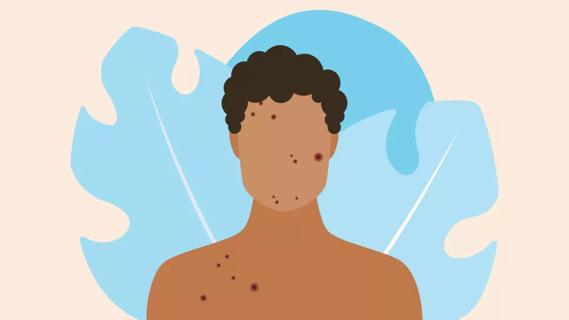
As you age, hormones can continue to play a big role in breakouts
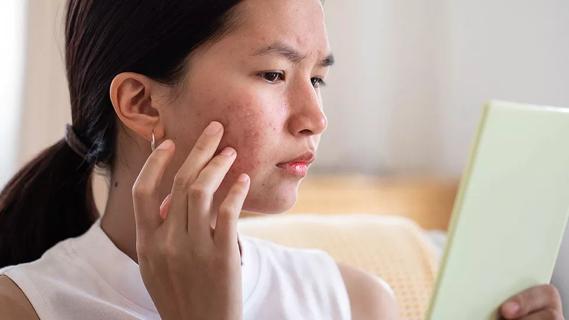
Some remedies might help banish breakouts, but others are best avoided
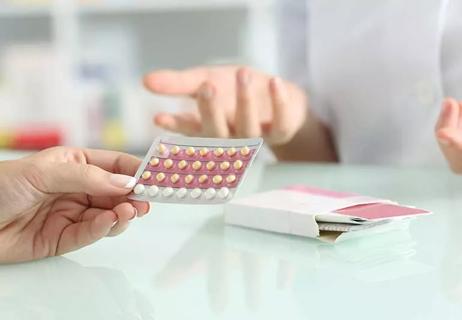
Birth control pills with estrogen are best for fighting hormonal acne
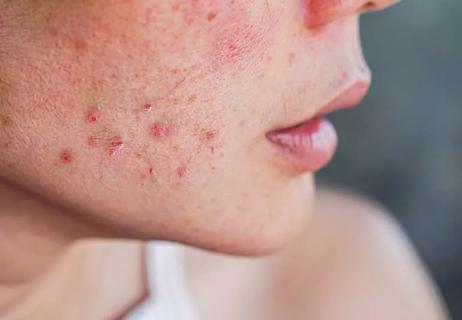
Hormone fluctuations impact oil and sebum production, creating painful, tender pimples

Even small moments of time outdoors can help reduce stress, boost mood and restore a sense of calm

A correct prescription helps your eyes see clearly — but as natural changes occur, you may need stronger or different eyeglasses

Both are medical emergencies, but they are very distinct events with different causes